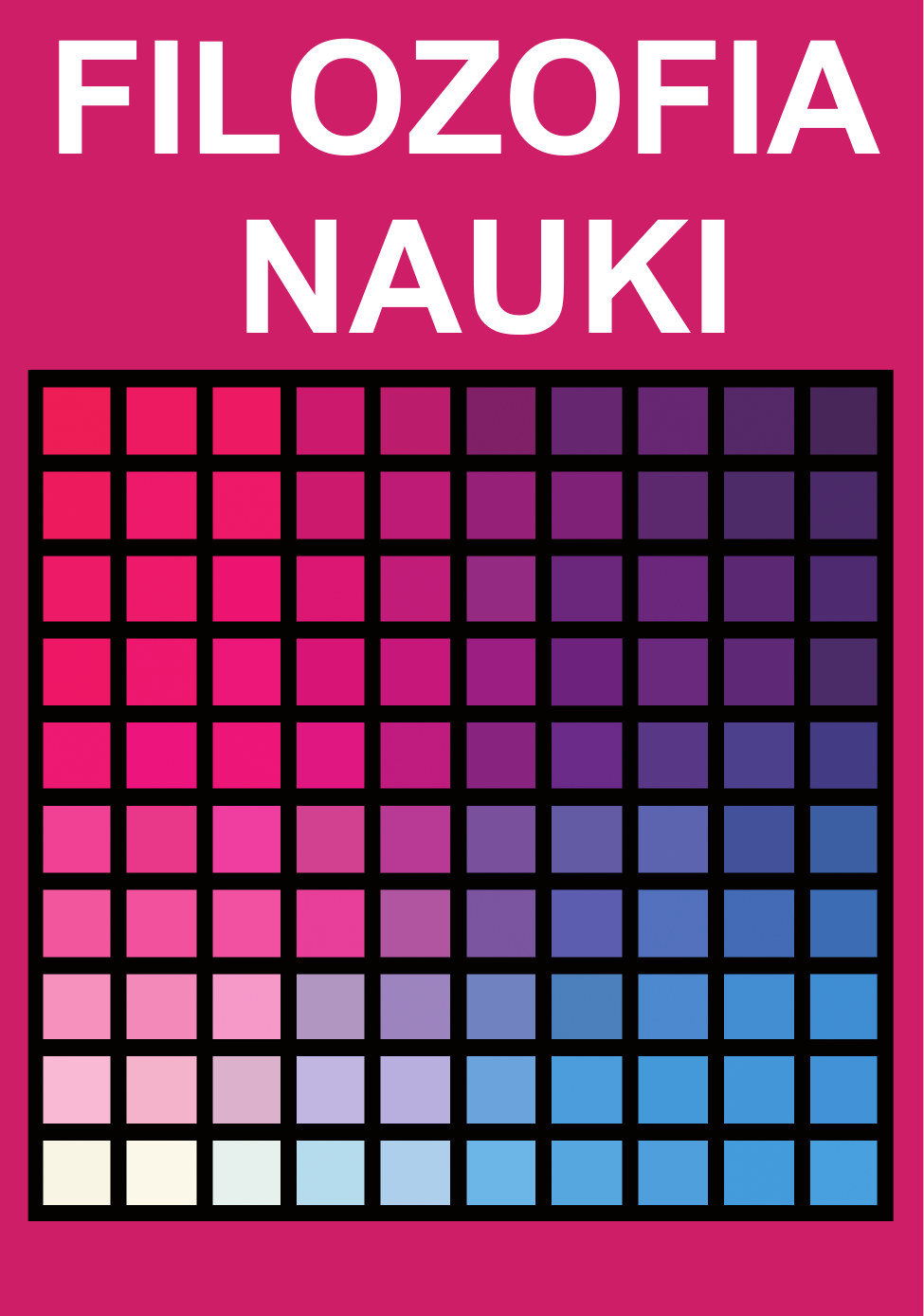Dlaczego prawda jest (nie)definiowalna
Abstrakt
The aim of this paper is to consider the question about the reasons of the indefinability of truth. We note at the start that a formula with one free variable can function as a truth predicate for a given set of sentences in two different (although related) senses: relative to a model and relative to a theory. By methods due to Alfred Tarski it can be shown that some sets of sentences are too large to admit a truth predicate (in any of the above senses); the limit case being the set of all sentences. The key question considered by us is: what does "too large" mean, i.e. which exactly sets of sentences don't have a truth predicate. We give a partial answer to this question: a set of sentences K has a truth predicate in an axiomatizable, consistent theory T iff for some natural number n, all the sentences belonging to K are equivalent (in T) to Sn sentences. Here the notion of a "too large" set receives a clear and definite sense. However, the case of a model-theoretic truth predicate seems to be more complicated: this second problem we leave as open, indicating only some possible directions of future research.















 Filozofia Nauki | ISSN 1230-6894 | e-ISSN 2657-5868
Filozofia Nauki | ISSN 1230-6894 | e-ISSN 2657-5868